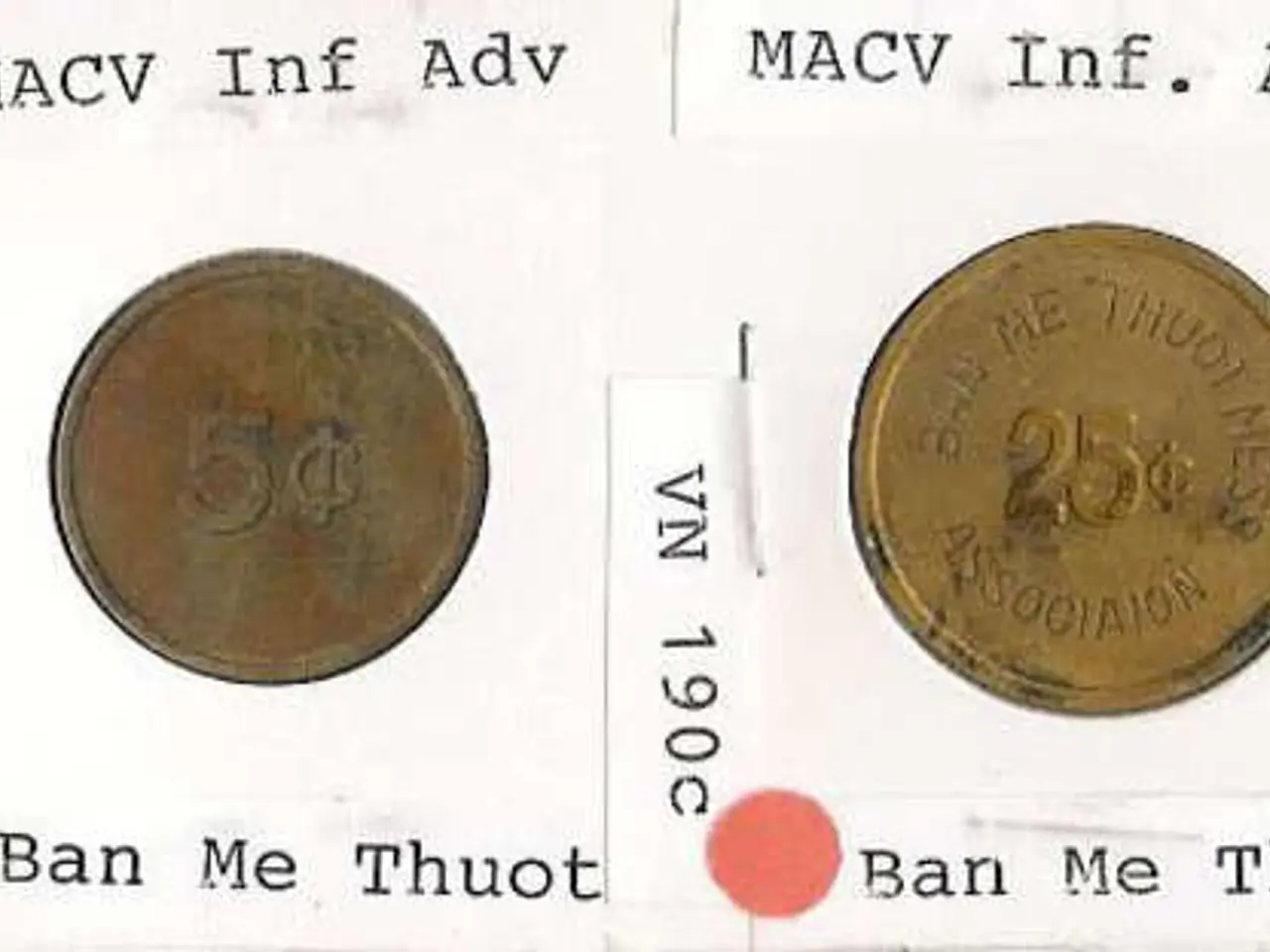The Financial Records of German Dioceses and the Speculation Surrounding a Potential German Pope
Is financial strain within the Vatican potentially leading to a German papal candidate?
Hey there! Let's dive into the topic of the day - the potential impact of a German cardinal becoming Pope and the financial state of German dioceses.
To set the stage, there's quite a bit of chatter about Munich Archbishop Reinhard Marx as a possible contender for the Holy See. The buzz stems from his expertise in managing funds, considering he is the coordinator of the Vatican's economic council and recently presented the papal budget. However, the Vatican's financial situation is far from rosy, with the deficit reportedly reaching €87 million in 2024.
On the other hand, the Archdiocese of Munich-Freising, which Marx presides over, boasts a surplus of €19 million in 2023 and a balance sheet total of nearly €4 billion. Another factor throwing Marx's name into the mix is his influence as a former chairman of the German Bishop's Conference and an advisor to Pope Francis.
However, it's essential to remember that the finances of churches are neither obligated to be disclosed nor transparent, even though they receive public funds. After financial scandals in Limburg and Freiburg, the bishops' conference promised to uphold transparency. But to what extent this commitment will be fulfilled remains to be seen.
While the dioceses of Cologne, Paderborn, and Munich-Freising are considered wealthy, not all dioceses are as fortunate. For instance, Dresden-Meißen reported a loss of over €2 million in 2022, with funding cuts from Western dioceses set to disappear entirely by next year.
It's also worth mentioning that the total assets of dioceses are tricky to calculate, thanks to Caritas, religious communities, and other church-affiliated organizations each having their budgets and assets. Moreover, the value of properties owned by the Church for centuries, like the Cologne Cathedral, may not accurately reflect their market worth.
Furthermore, the Church's financial landscape has been shaken by ongoing sexual abuse cases and the legal and compensation costs associated with them. The Roman Catholic Diocese of Essen, for one, has been embroiled in litigation over compensation claims for survivors, highlighting the ongoing financial consequences and public scrutiny these cases bring. Senior German clerics like Cardinal Rainer Woelki of Cologne have faced investigations linked to abuse cases, contributing to increased financial and reputational strain on dioceses.
In conclusion, the financial difficulties that German dioceses are grappling with due to abuse-related compensations and legal challenges have weakened the moral and financial standing of the Church. A papal candidate from Germany would need to be perceived as willing and able to tackle these issues and push for reforms to address both financial accountability and social issues. The rising far-right political movements and secularism in Germany also present challenges for the Church that any potential pope would need to navigate carefully. Let the Vatican conclave unfold to see if we'll get a German Pope!
- The community policy within the Roman Catholic Church, regarding financial transparency, is crucial, especially in light of the Vatican's reported €87 million deficit in 2024 and the historical lack of disclosure.
- Employment policy within church-affiliated organizations, such as Caritas and religious communities, adds complexity to the calculation of dioceses' total assets.
- In the realm of general-news, discussions of a potential German Pope, specifically Munich Archbishop Reinhard Marx, have been prevalent, bringing attention to his influence and stewardship of the Archdiocese of Munich-Freising's finances.
- The financial landscape of businesses associated with the Church, like wohnungsgesellschaft, may be impacted by the ongoing sexual abuse cases and the legal and compensation costs related to them, as demonstrated by the Roman Catholic Diocese of Essen's litigation.
- Politicians and the public closely watch the financial situations and values of dioceses, as shown by the scrutiny surrounding the Church's handling of sexual abuse cases and the impact of these issues on the Church's moral standing in both local and sports communities.




